Into Practice, a biweekly communication distributed from the Office of the Vice Provost for Advances in Learning to active instructors during the academic year was inspired by a successful 2012 HILT grant project. The e-letter highlights the pedagogical practices of individual faculty members from across Schools and delivers timely, evidence-based teaching advice, contributing to and strengthening a University-wide community of practice around teaching.
Below is a catalog of all the Into Practice issues sorted by the publication date. To subscribe to Into Practice, please sign-up via our Mailing List page.
-
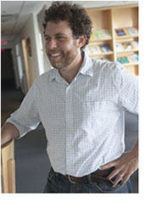
Problems and puzzles: Boosting engagement with interactivity
Joshua Greene, Professor of Psychology, designs course sessions for maximum engagement by creating interactive opportunities for undergraduate and graduate students to grapple with problems and challenge one another.
-
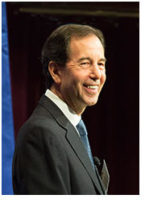
Student case pedagogy: Learning from their own experience
Ronald Heifetz, Co-Founder of the Center for Public Leadership and King Hussein bin Talal Senior Lecturer of Public Leadership, uses experiential teaching methods like student case analysis—where students collaboratively develop and analyze cases drawn from their own work experiences—to promote deeper engagement and stronger retention of leadership concepts.
-
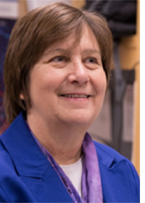
Leveraging student heterogeneity to bridge gaps through active learning
Marianne Wessling-Resnick, Professor of Nutritional Biochemistry, employs active learning strategies including debate, ‘pair and share,’ and peer evaluation to bridge gaps in student experience and knowledge.
-

Nuanced assessments: More than the final grade
Howell Jackson, James S. Reid Jr. Professor of Law, experiments with end-of-semester exams and writing assignments to create opportunities for meaningful, formative feedback through skills practice, reflection, and peer collaboration.
-

A ‘tangible dimension:’ Learning by making, listening, and tasting
Gojko Barjamovic, Lecturer on Assyriology, increases student learning in ANE 103 Ancient Lives by designing activities to engage students’ full range of senses.
-
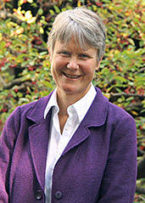
Online engagement: Designing a learner-centered HarvardX course
Diane Moore, Senior Lecturer in Religious Studies and Education, collaborated with HDS and FAS colleagues to produce a six-module, online course offering through HarvardX called World Religions Through Their Scriptures.
-
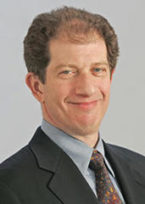
From the source: Guest speakers in the classroom
David Garvin, C. Roland Christensen Professor of Business Administration,utilizes guest speakers in General Management: Processes and Action in order to promote deeper understanding of managerial and organizational realities.
-
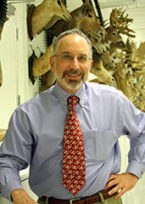
Engaging students via field trips, near and far
James Hanken, Professor of Biology and Director of the Museum of Comparative Zoology (MCZ), increases student engagement by taking students out of the traditional classroom.
-
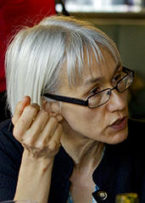
‘Real-world’ projects: Balancing student learning and community need
Ann Forsyth, Professor of Urban Planning, incorporates projects with clients into many of her Graduate School of Design courses, from semester-long endeavors to optional assignments.
-
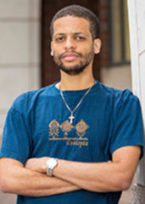
Real problems: Teaching theory through practice
Jelani Nelson, Assistant Professor of Computer Science, assigns students real programming problems in his introductory algorithm courses, CS124Data Structures and Algorithms and CS125 Algorithms & Complexity.

